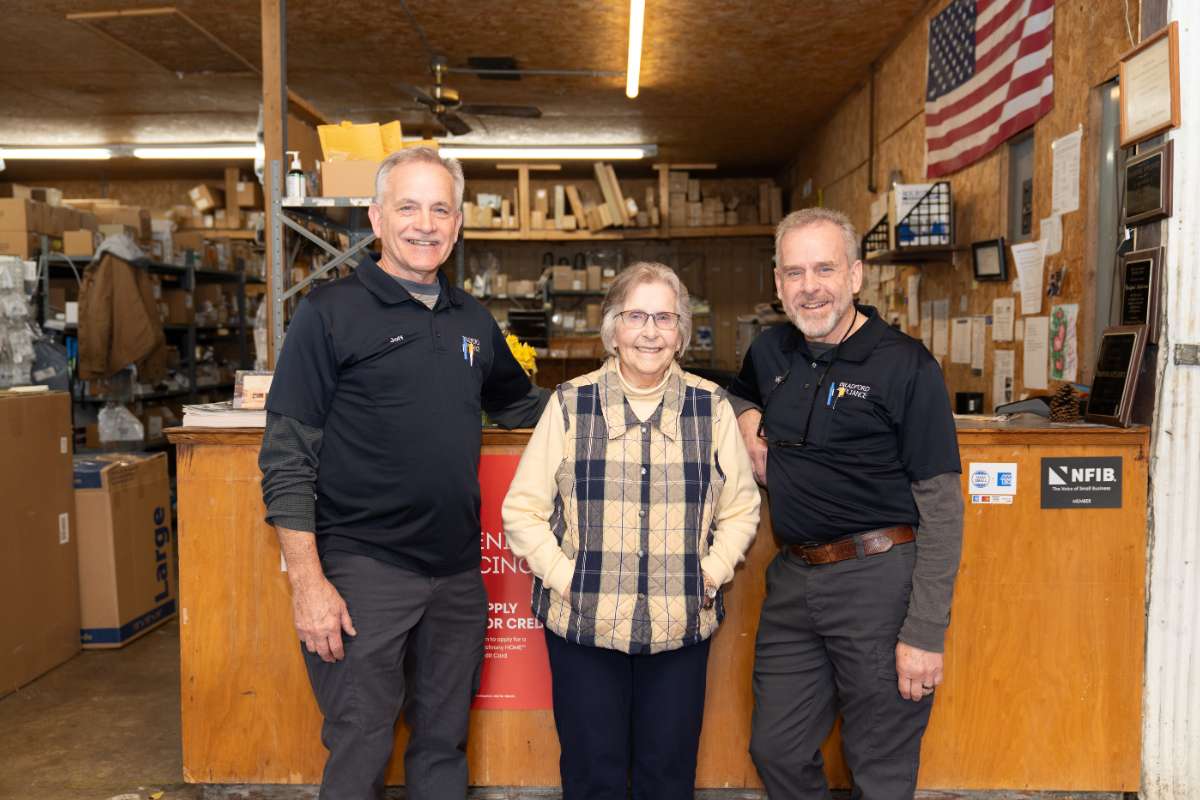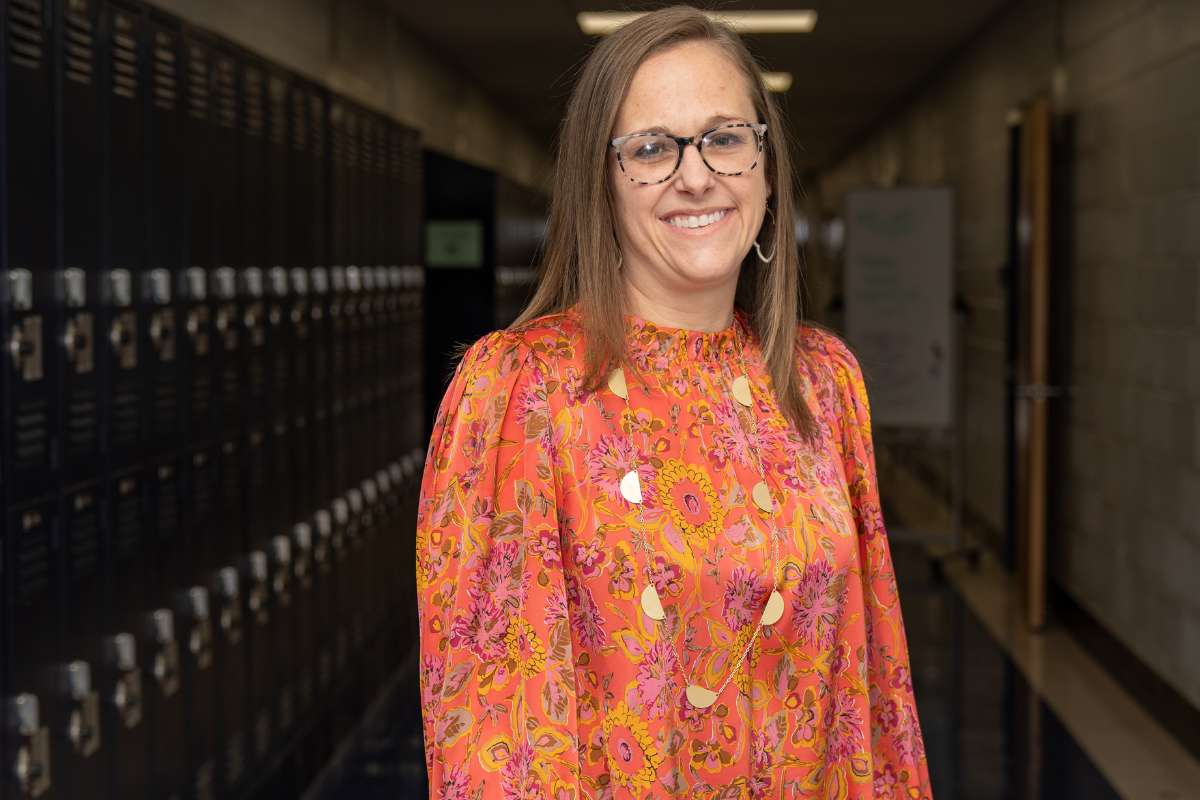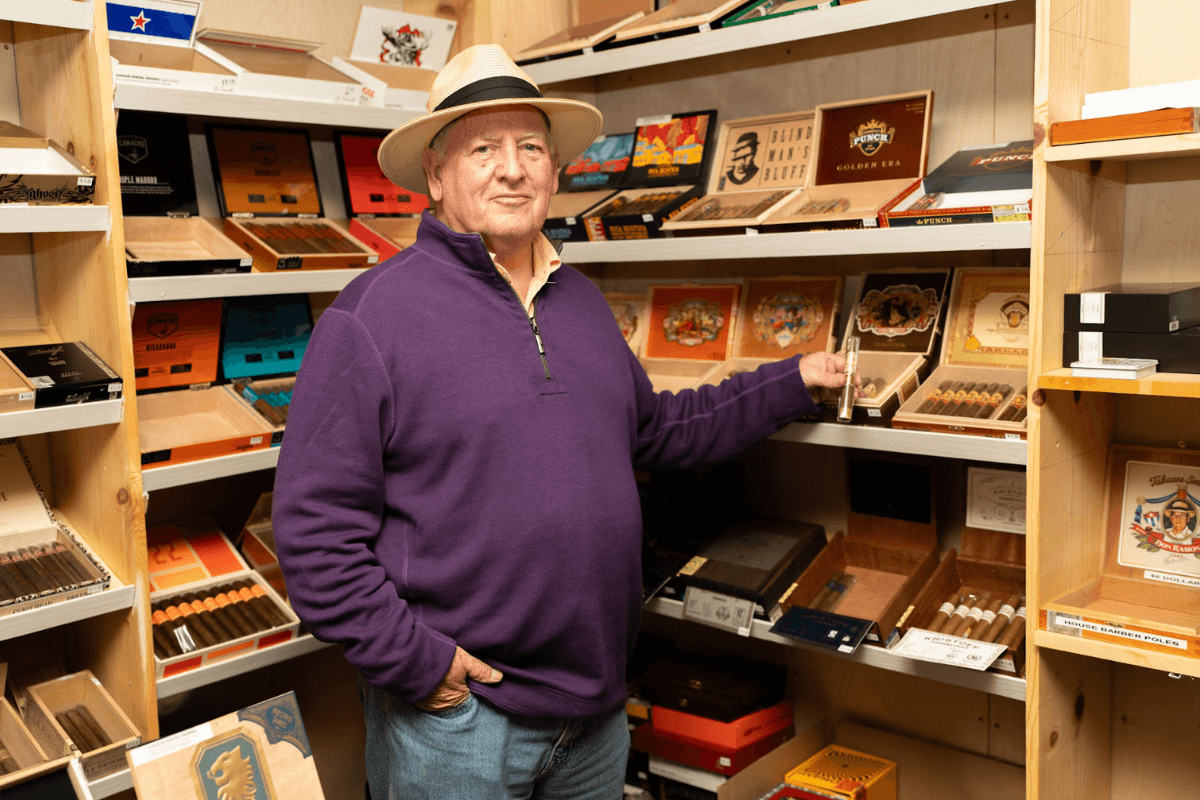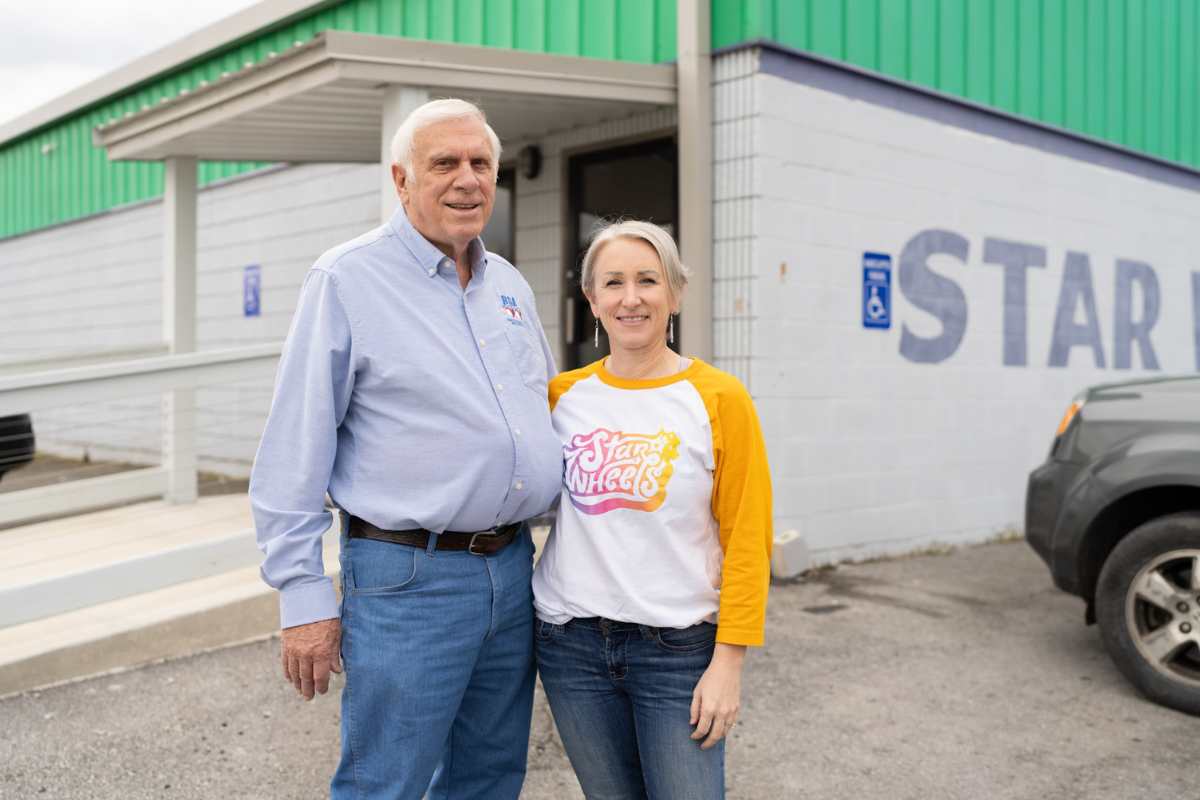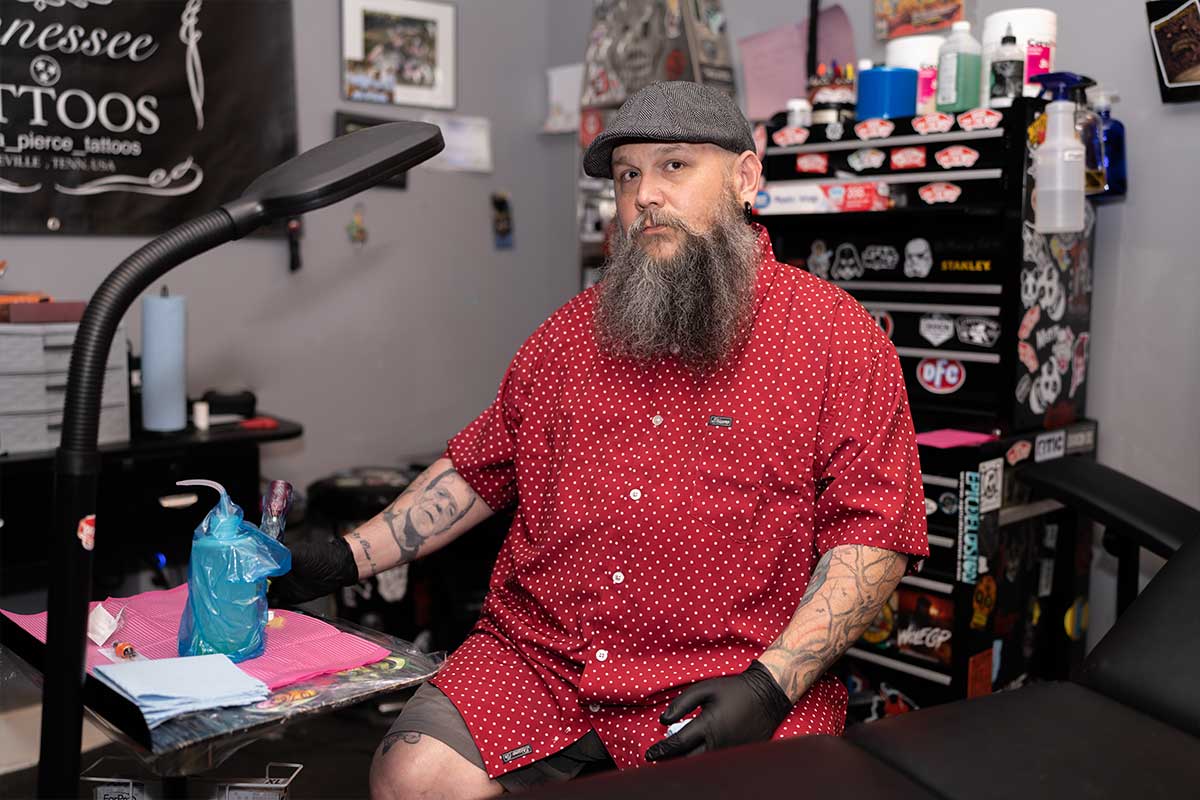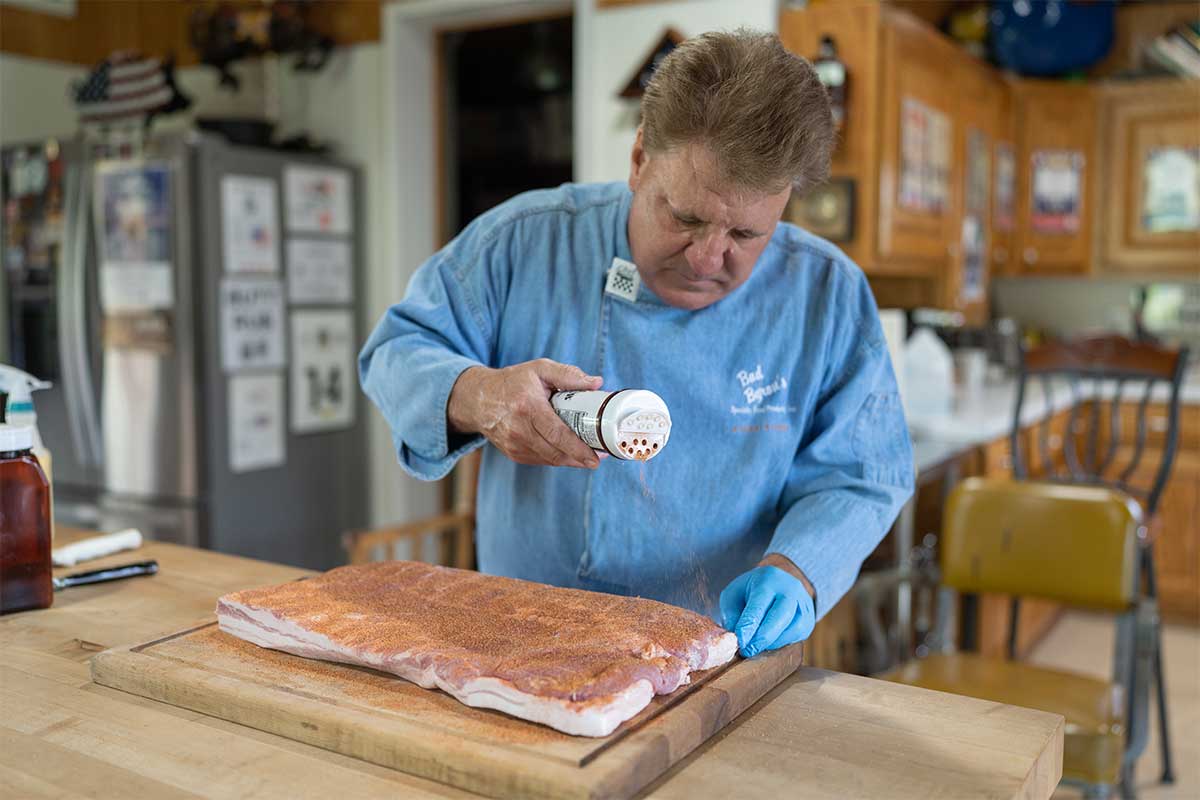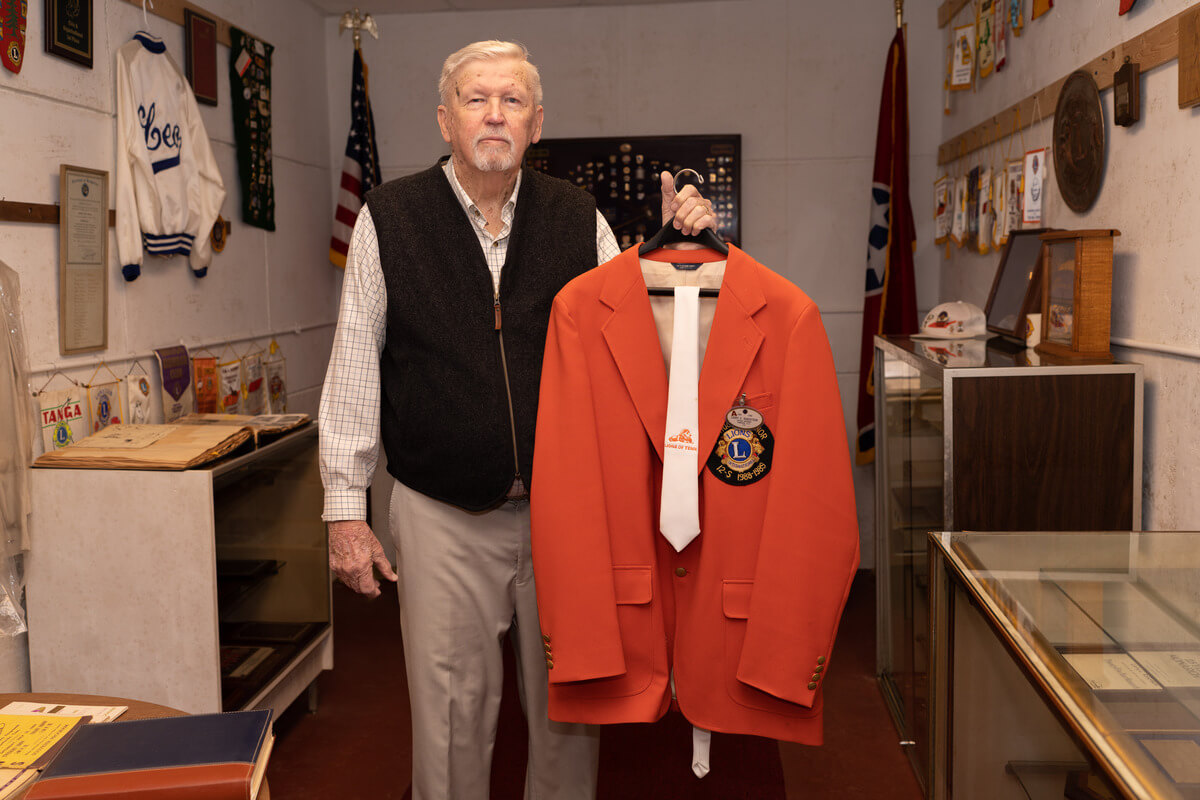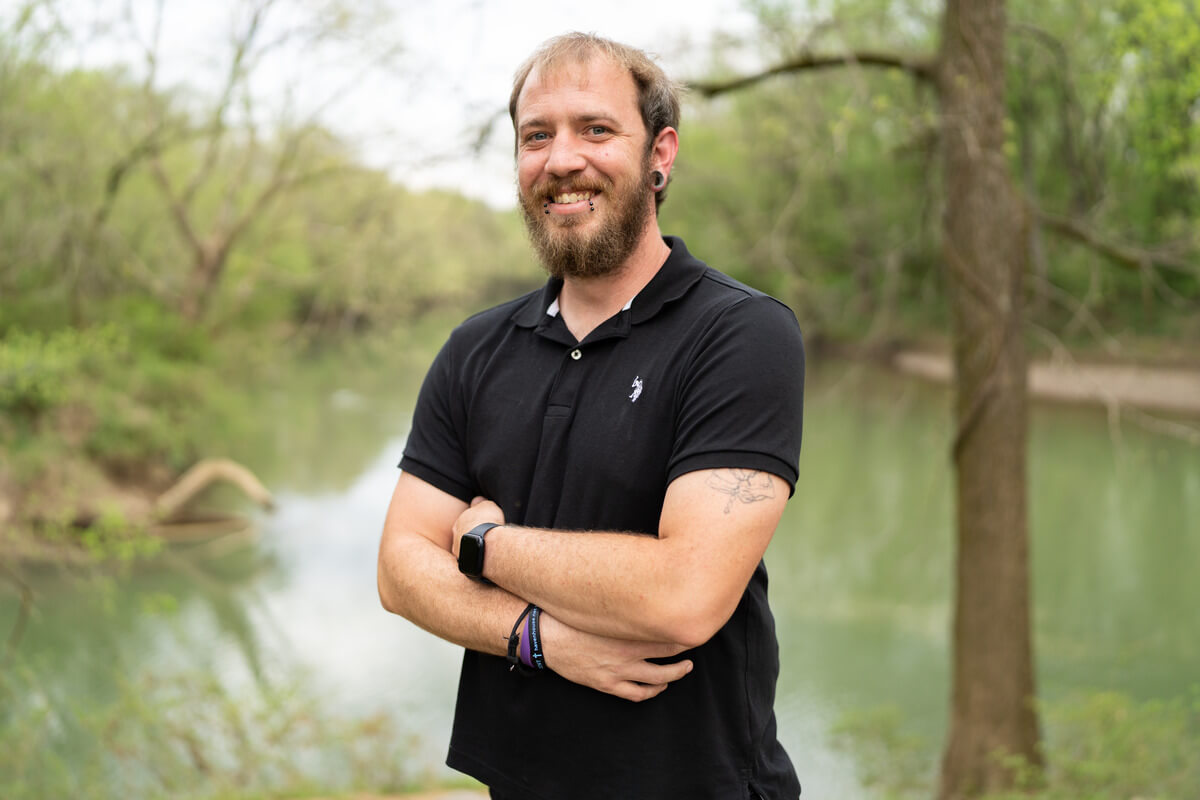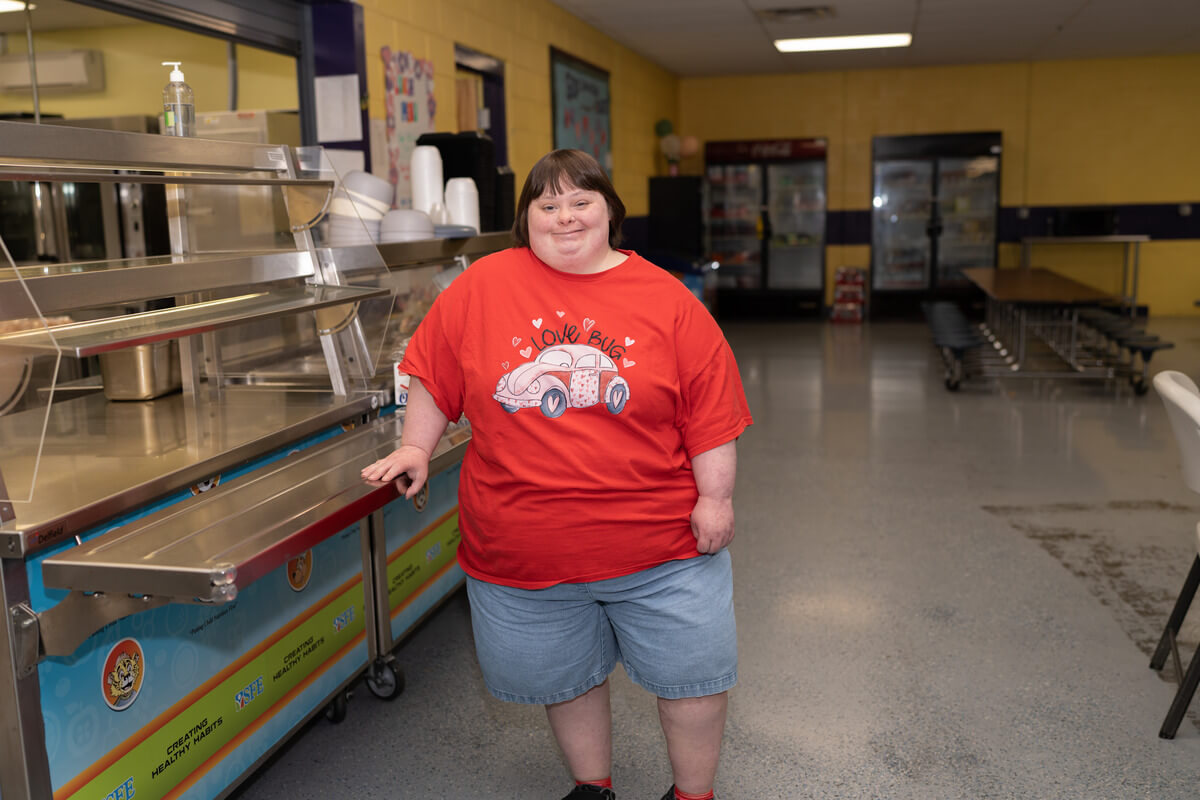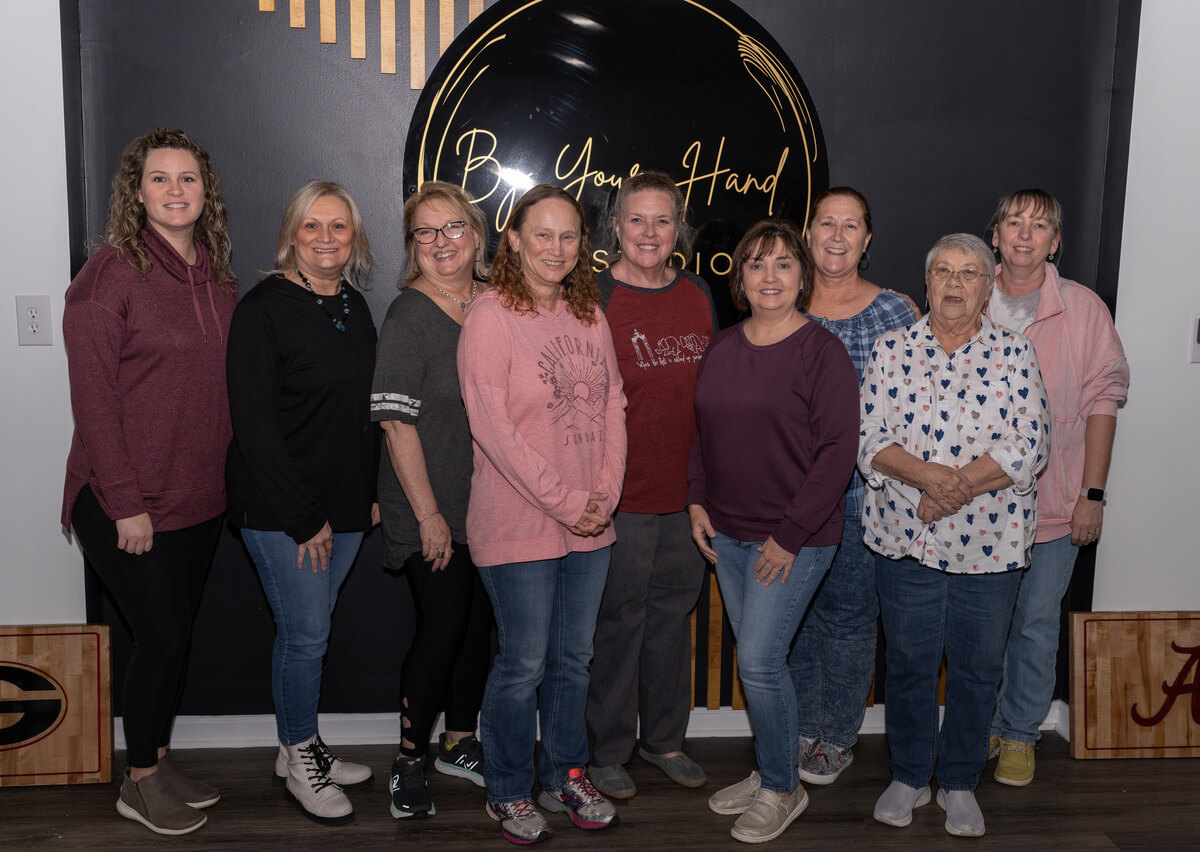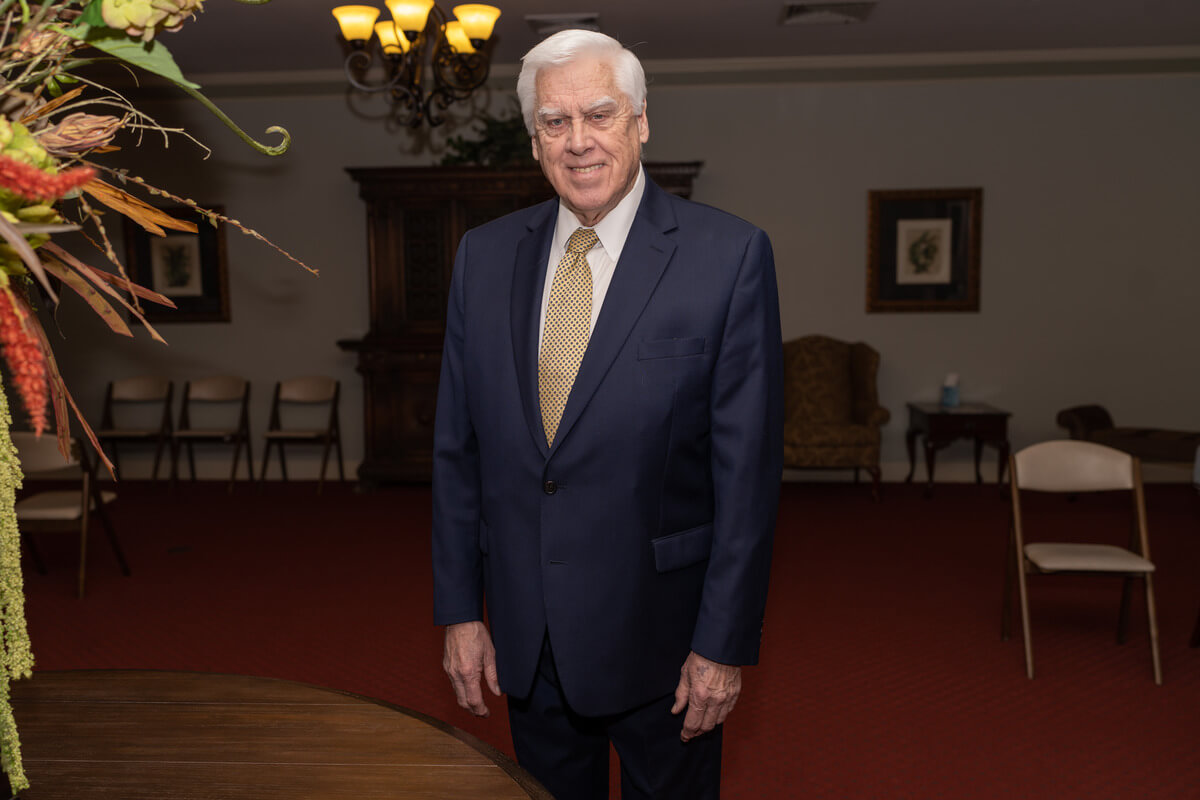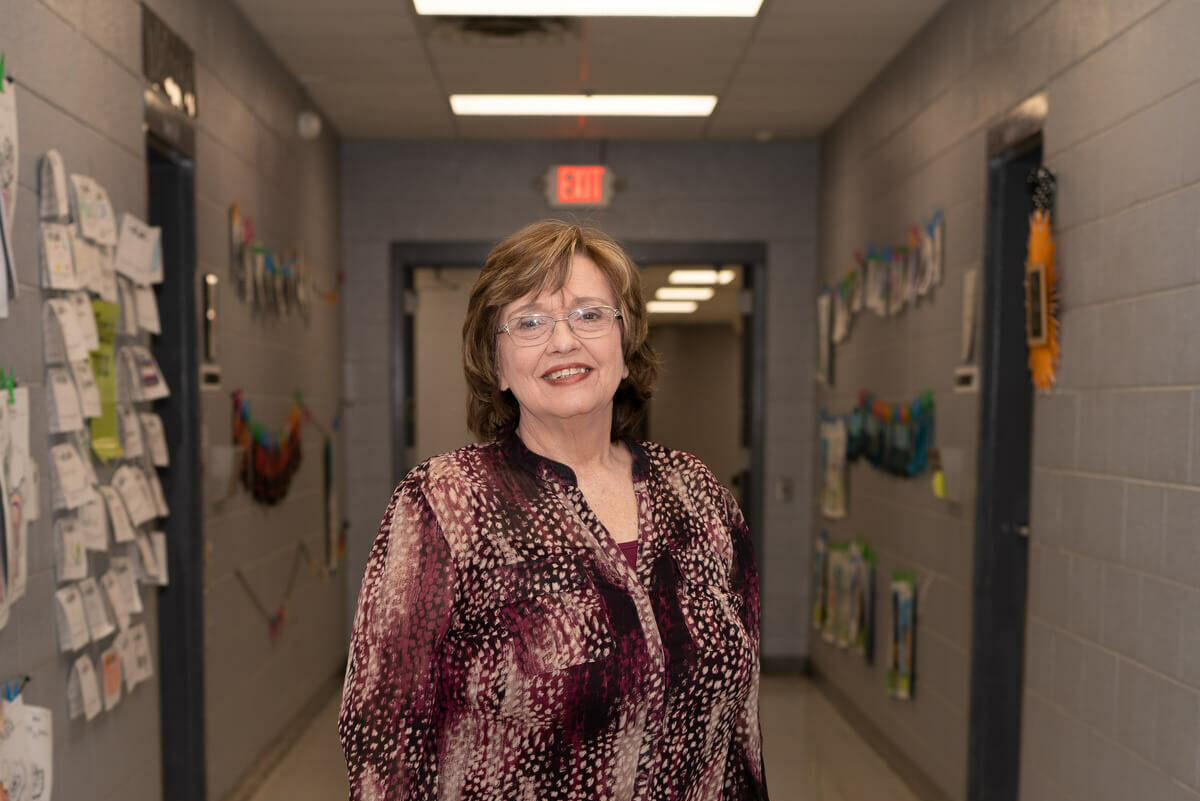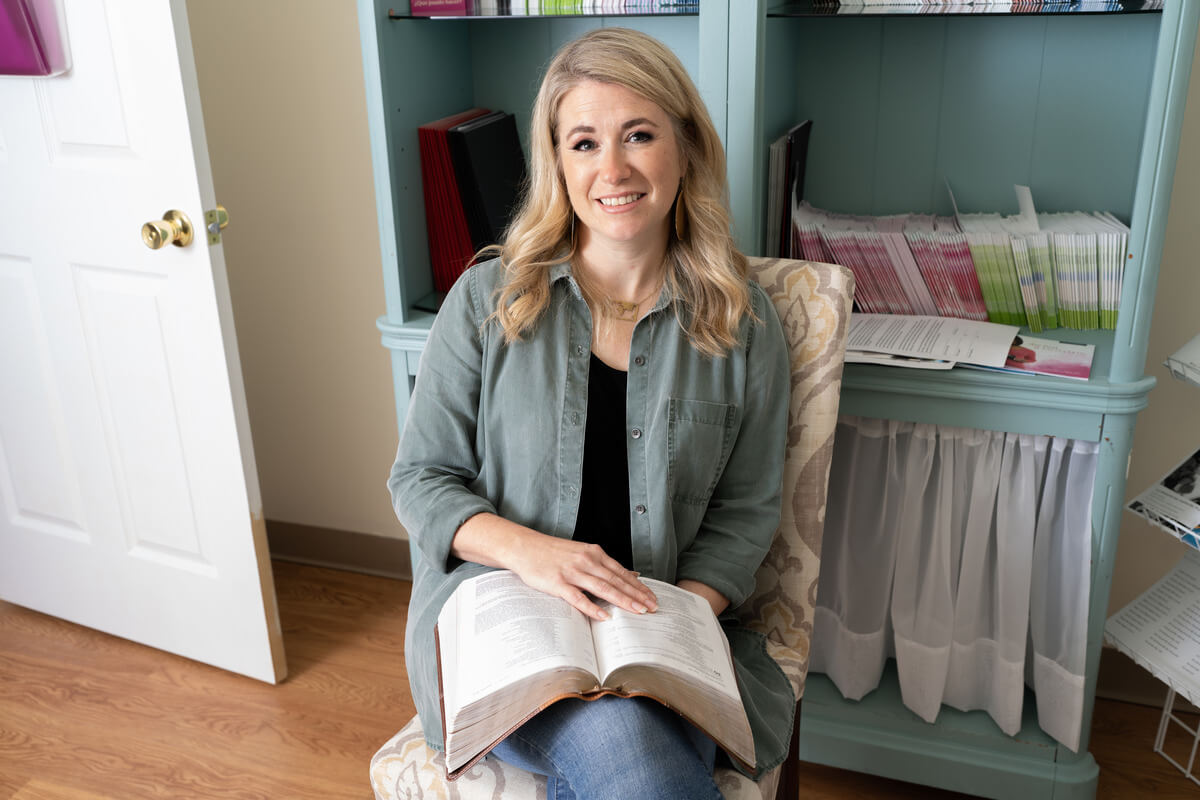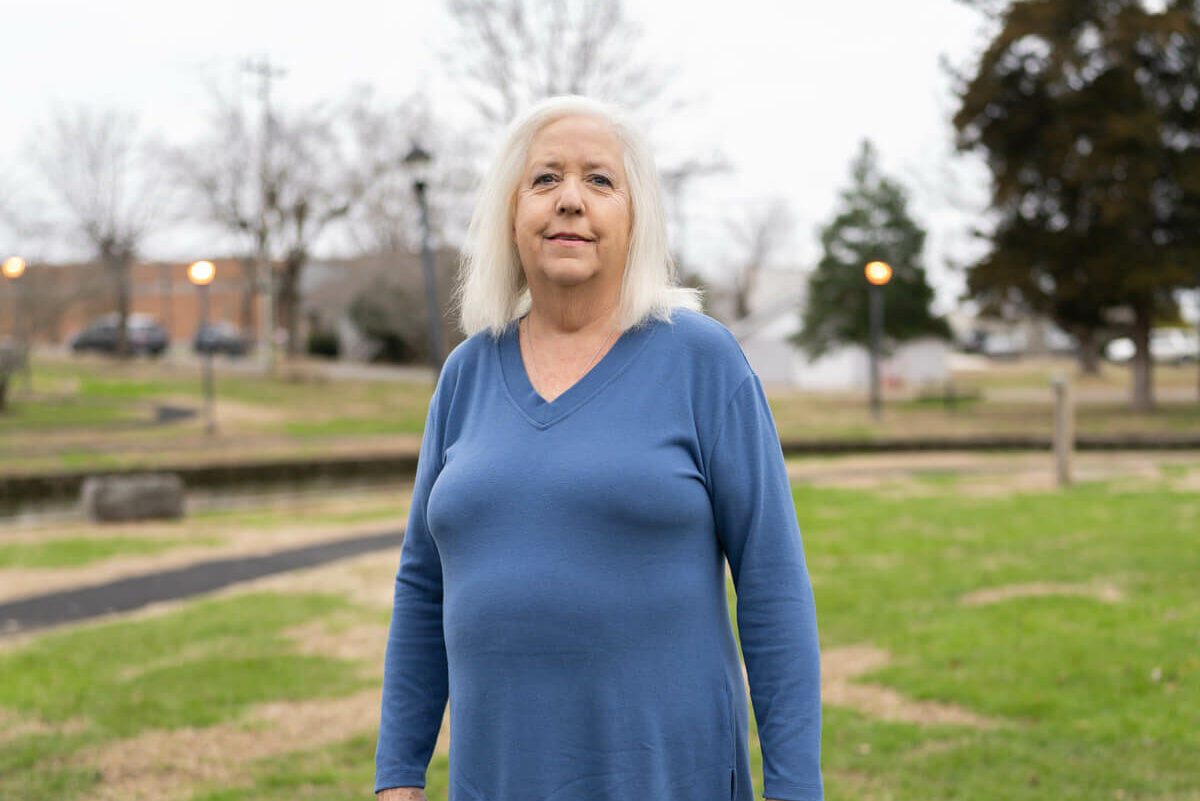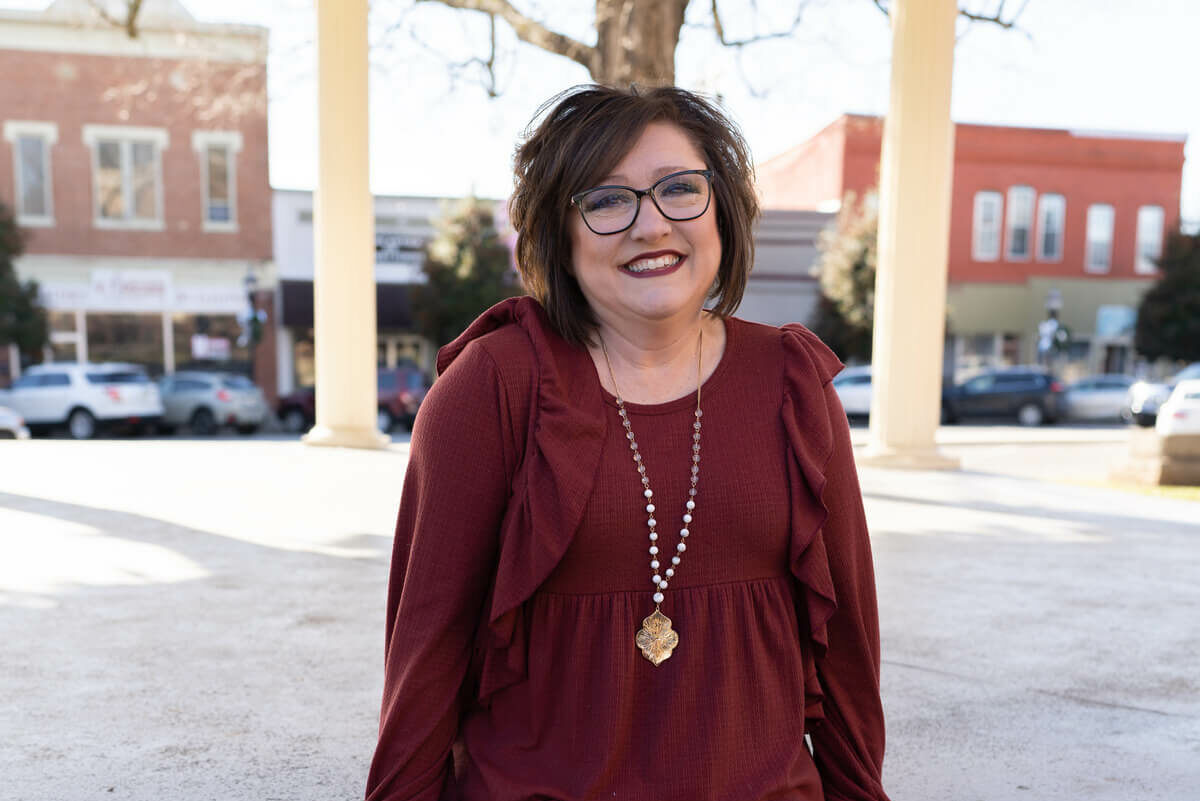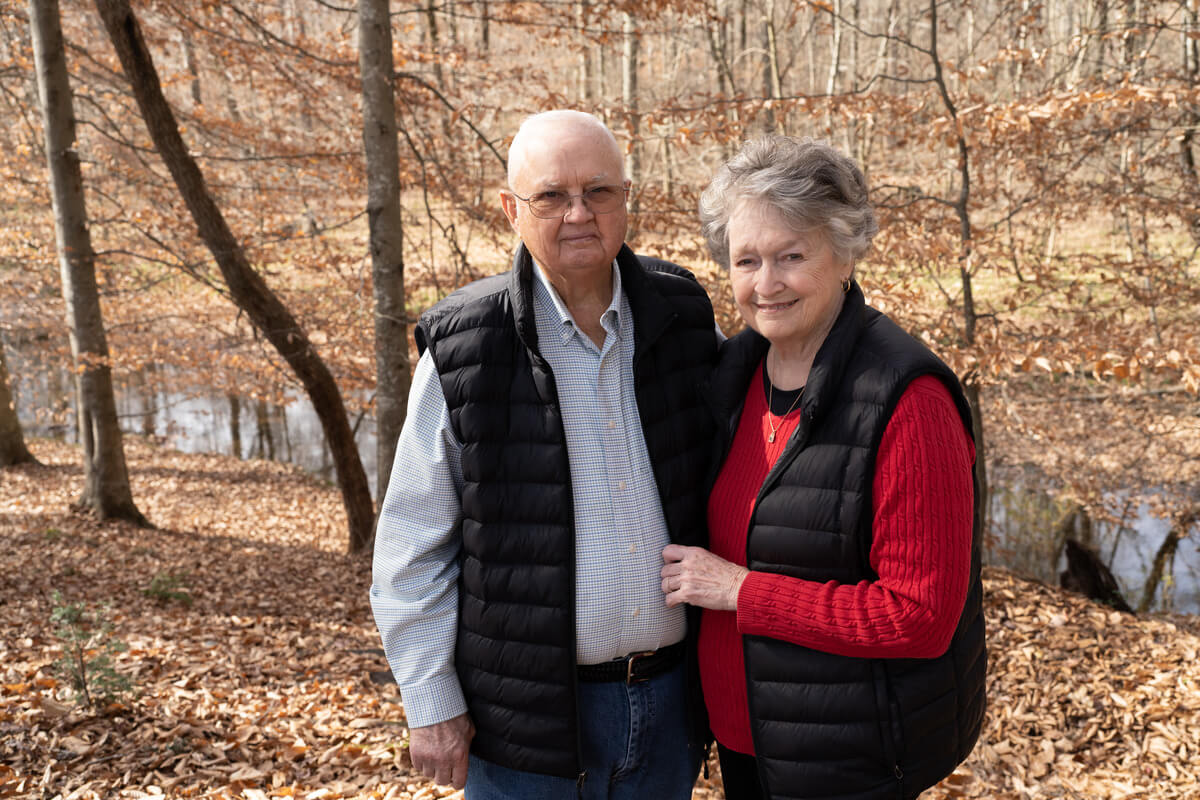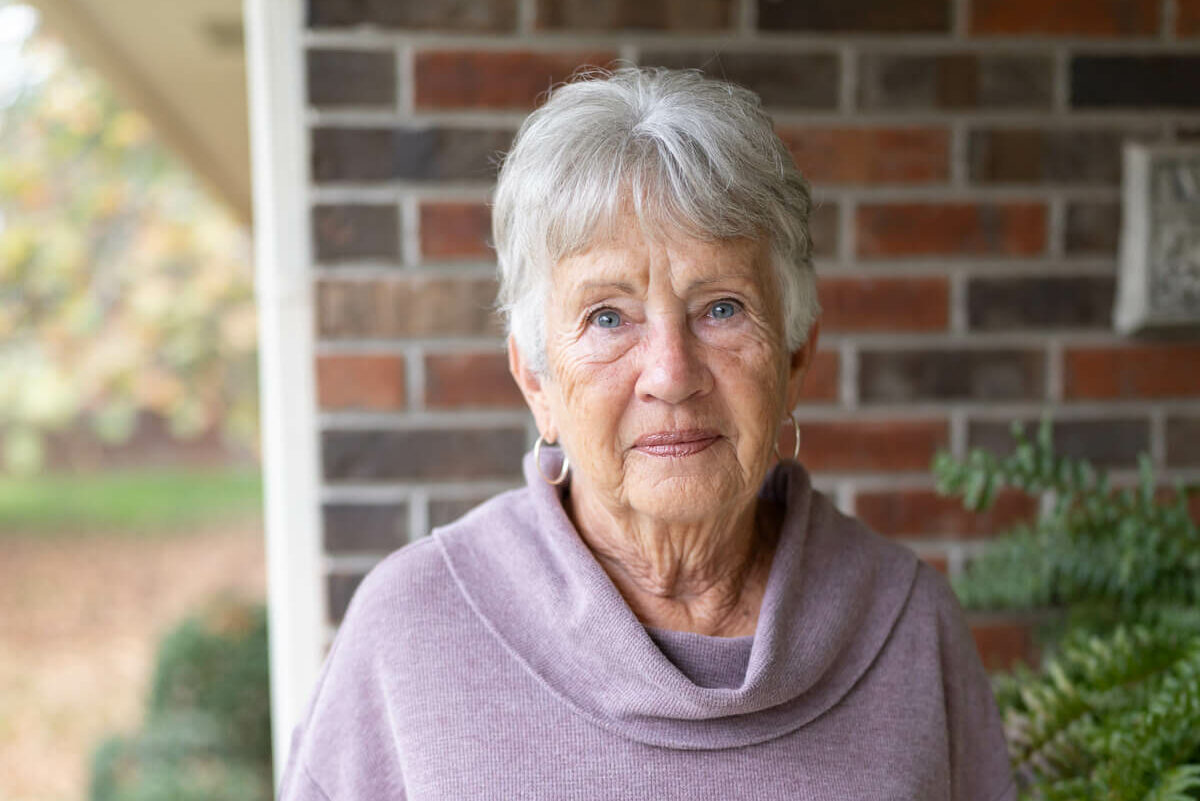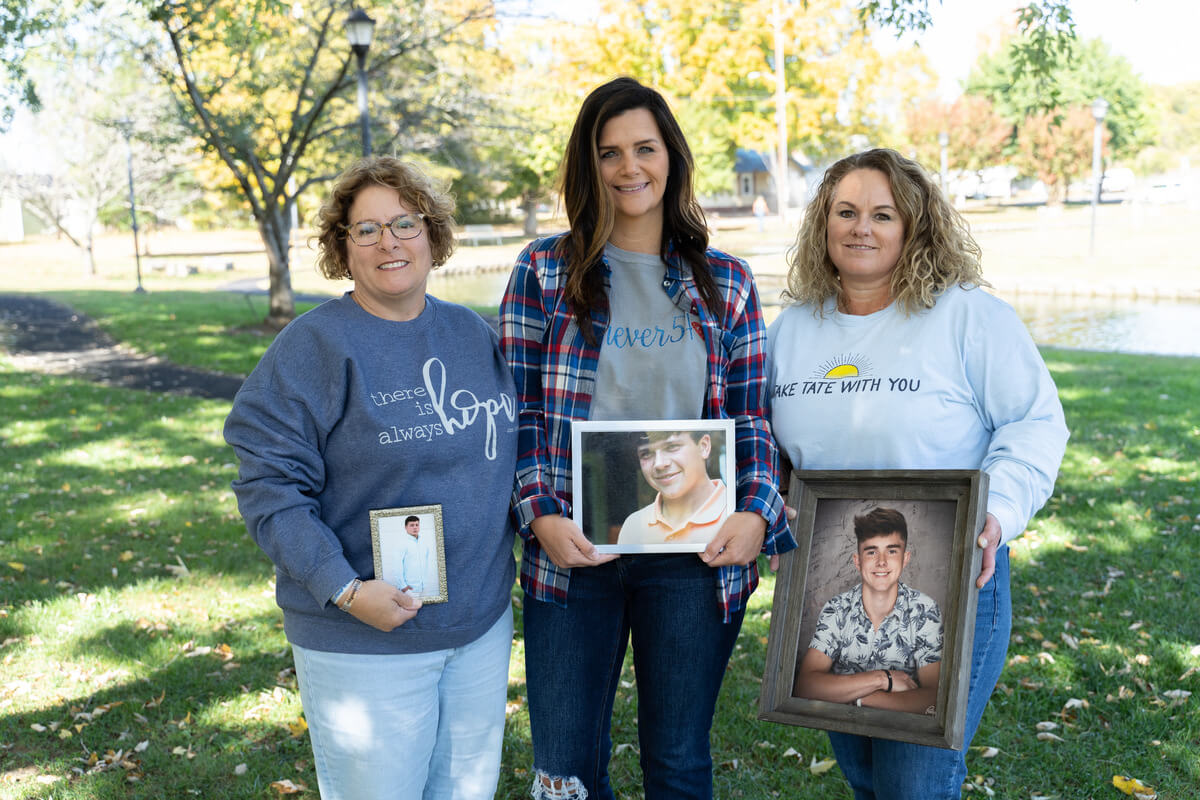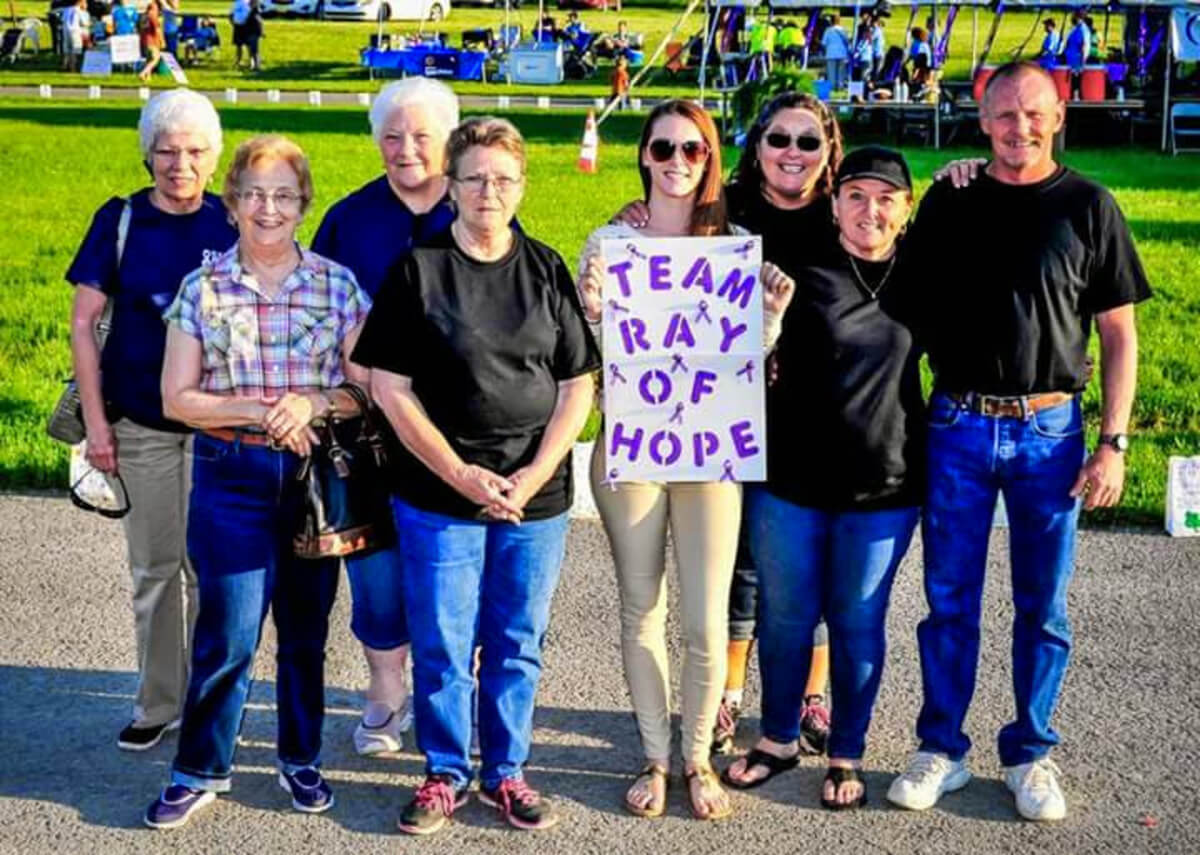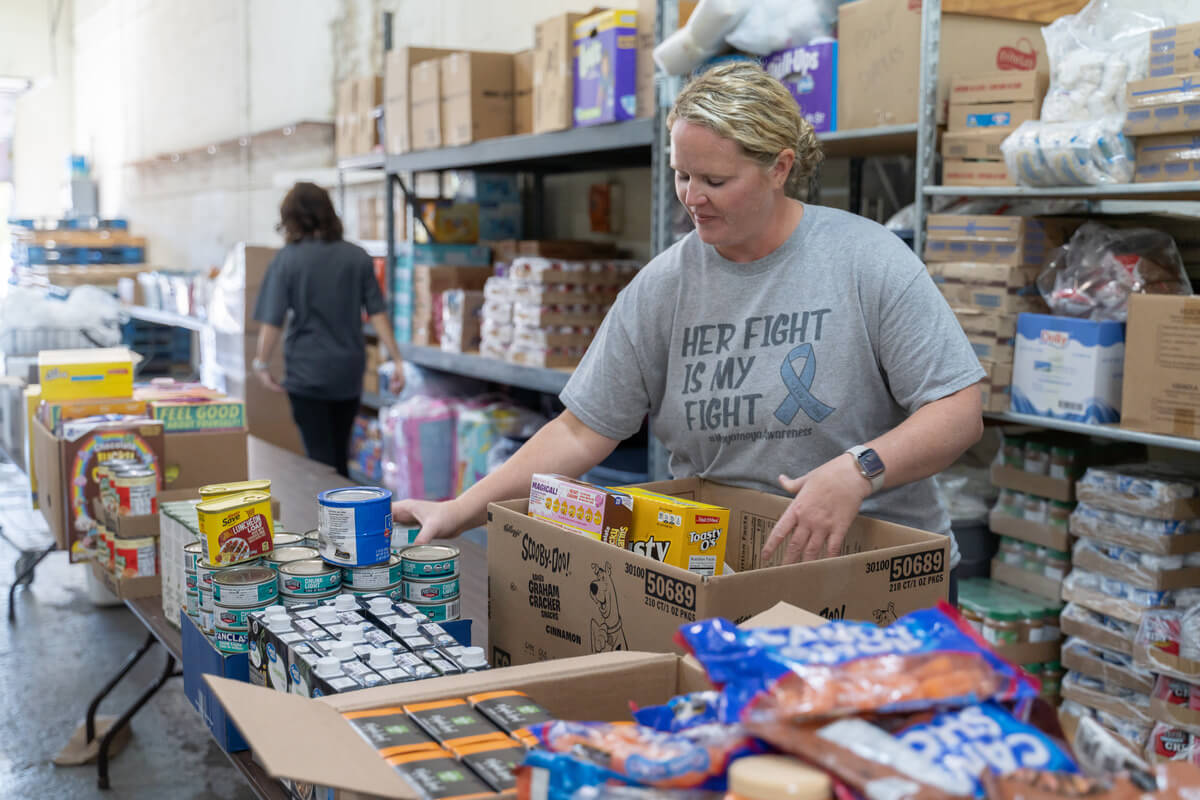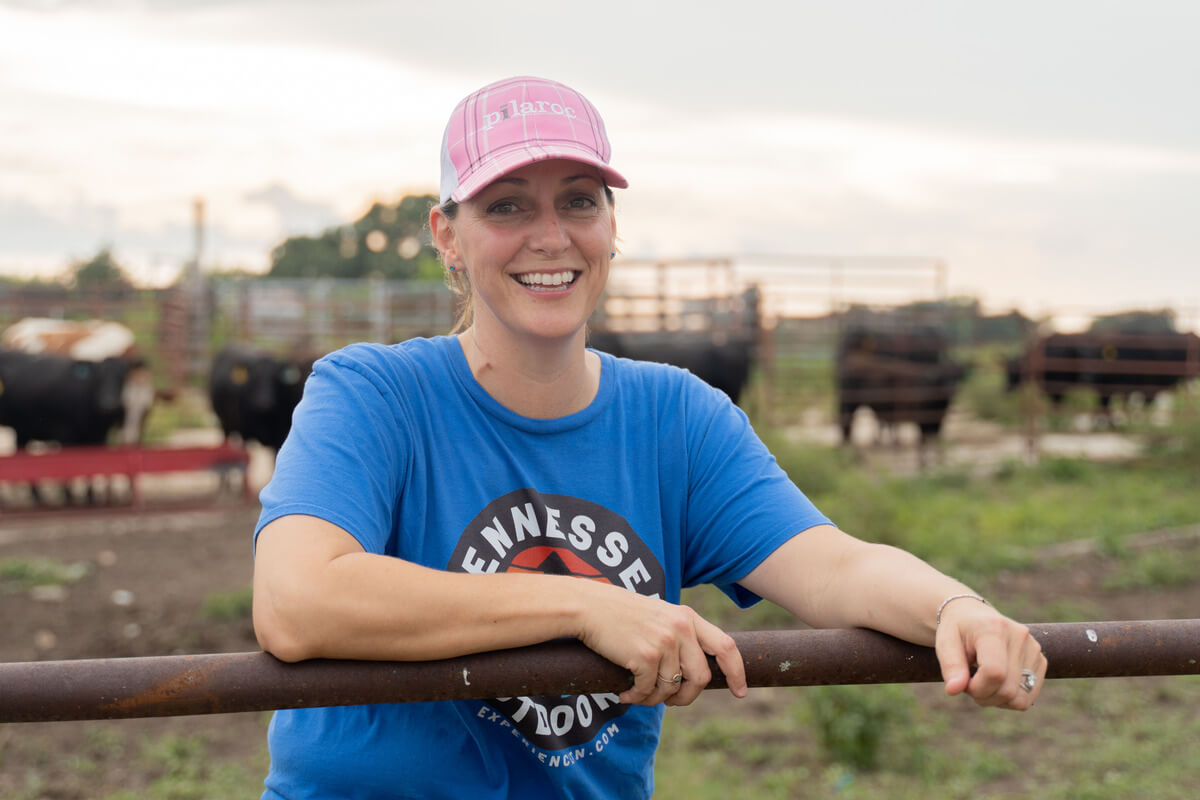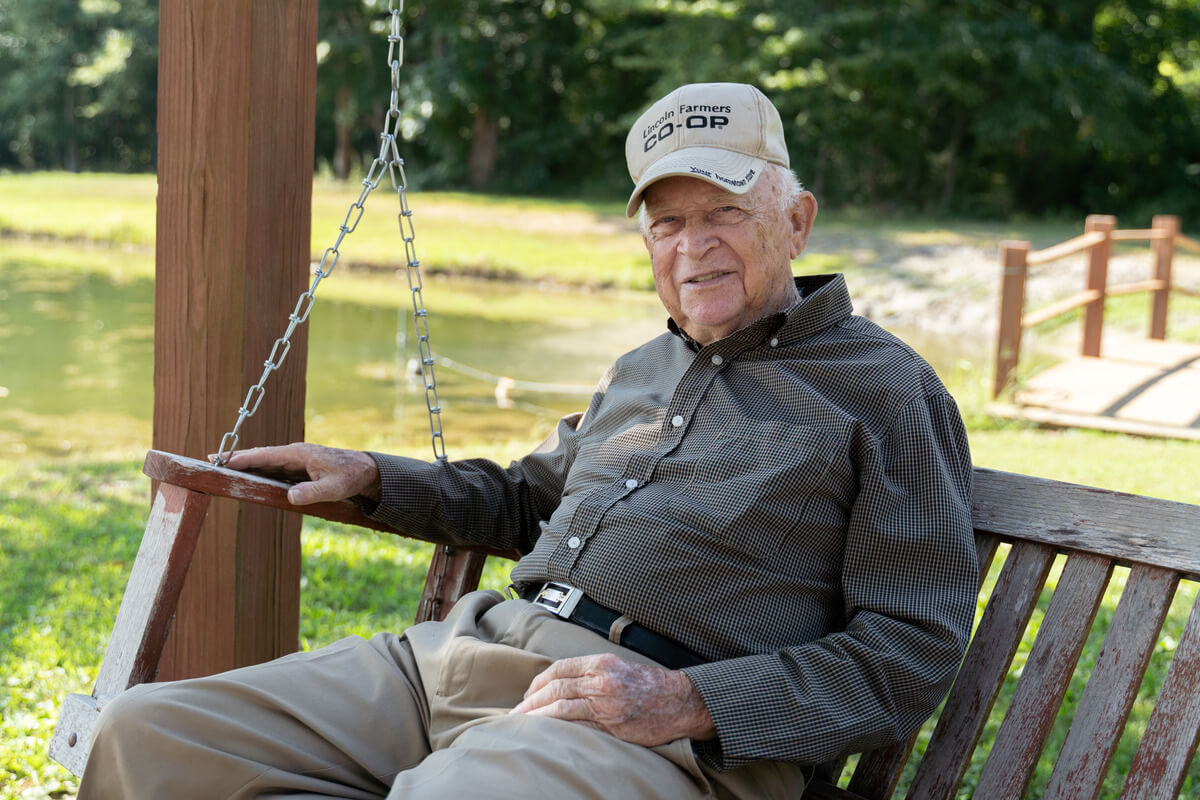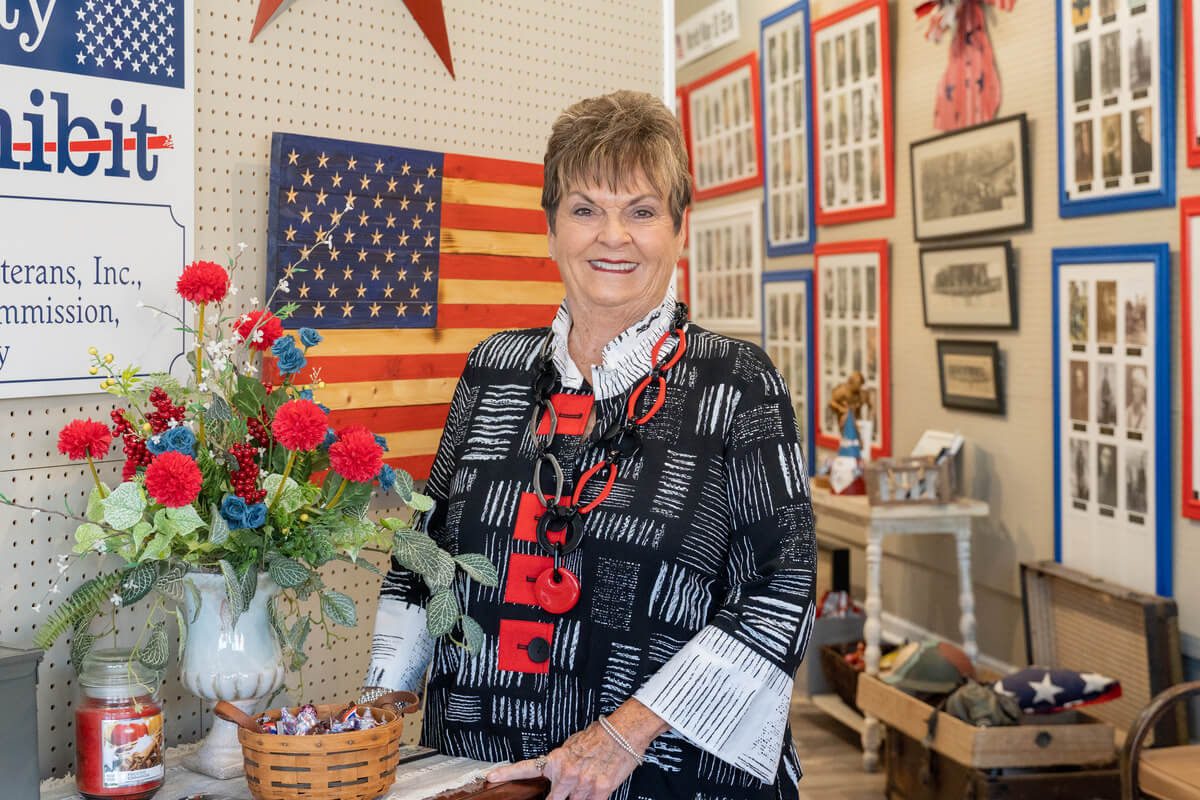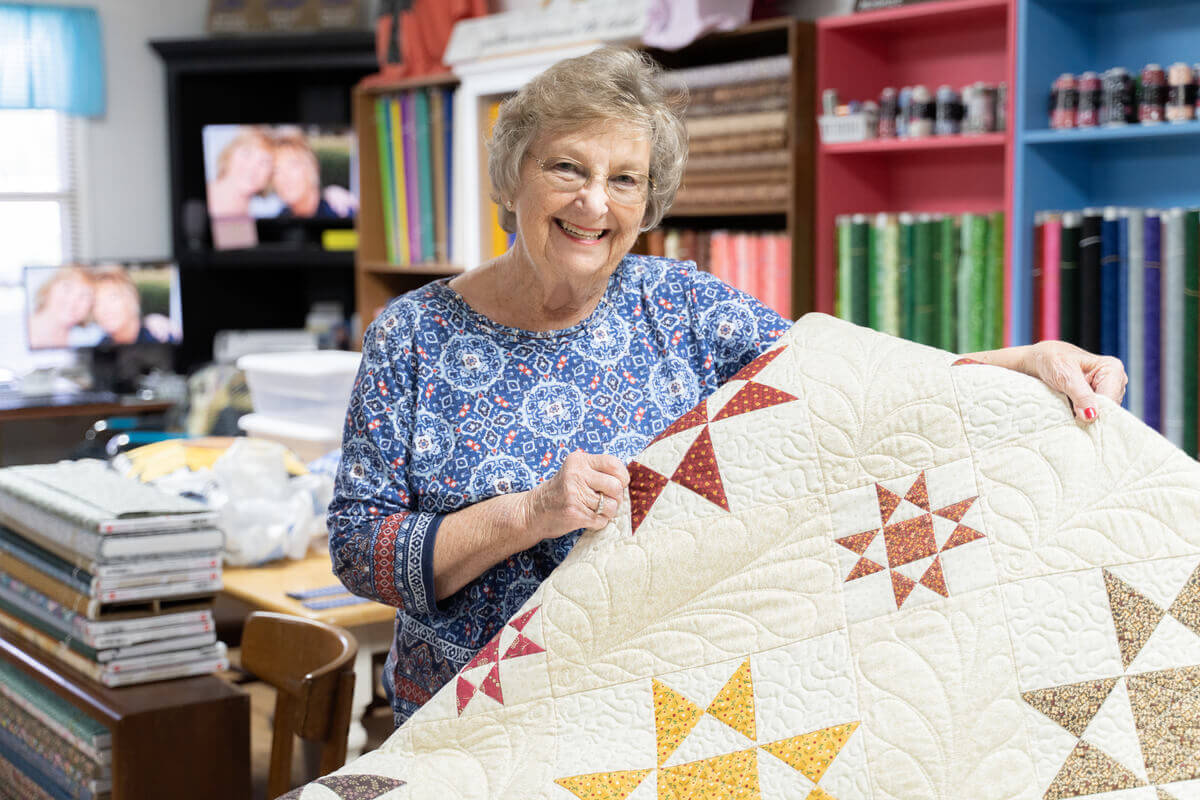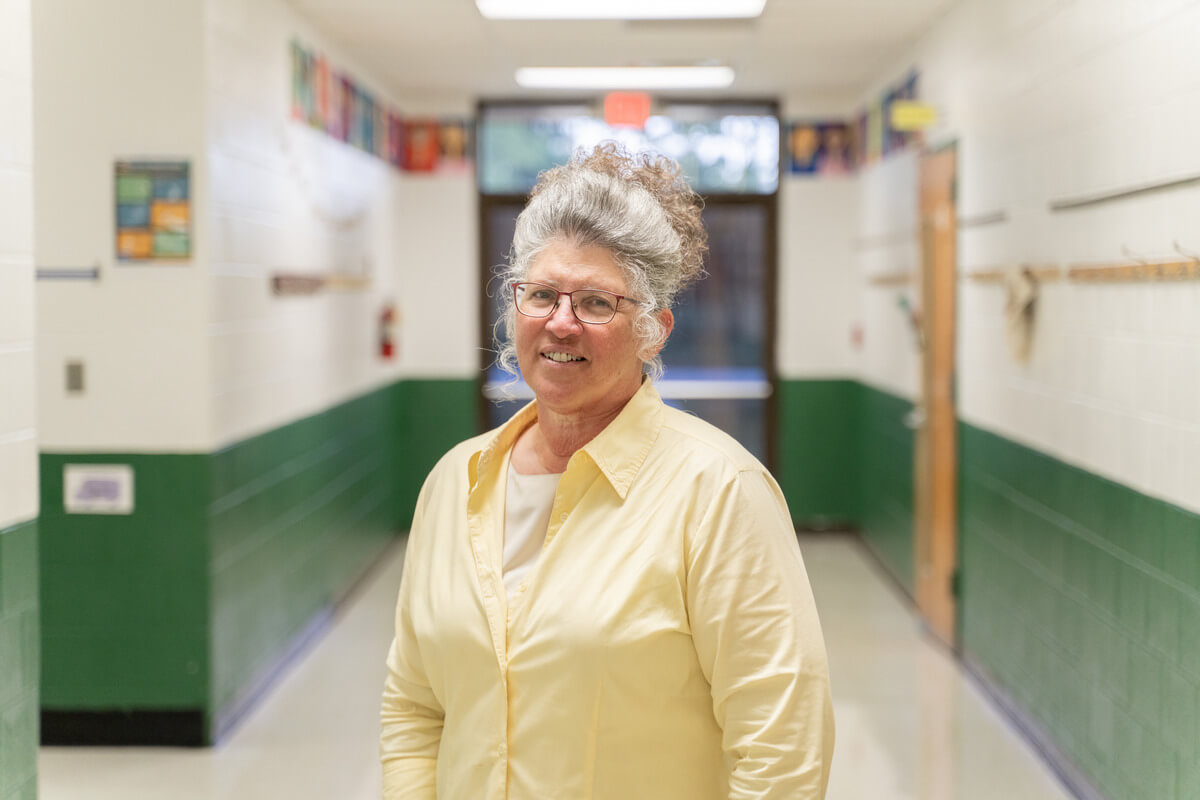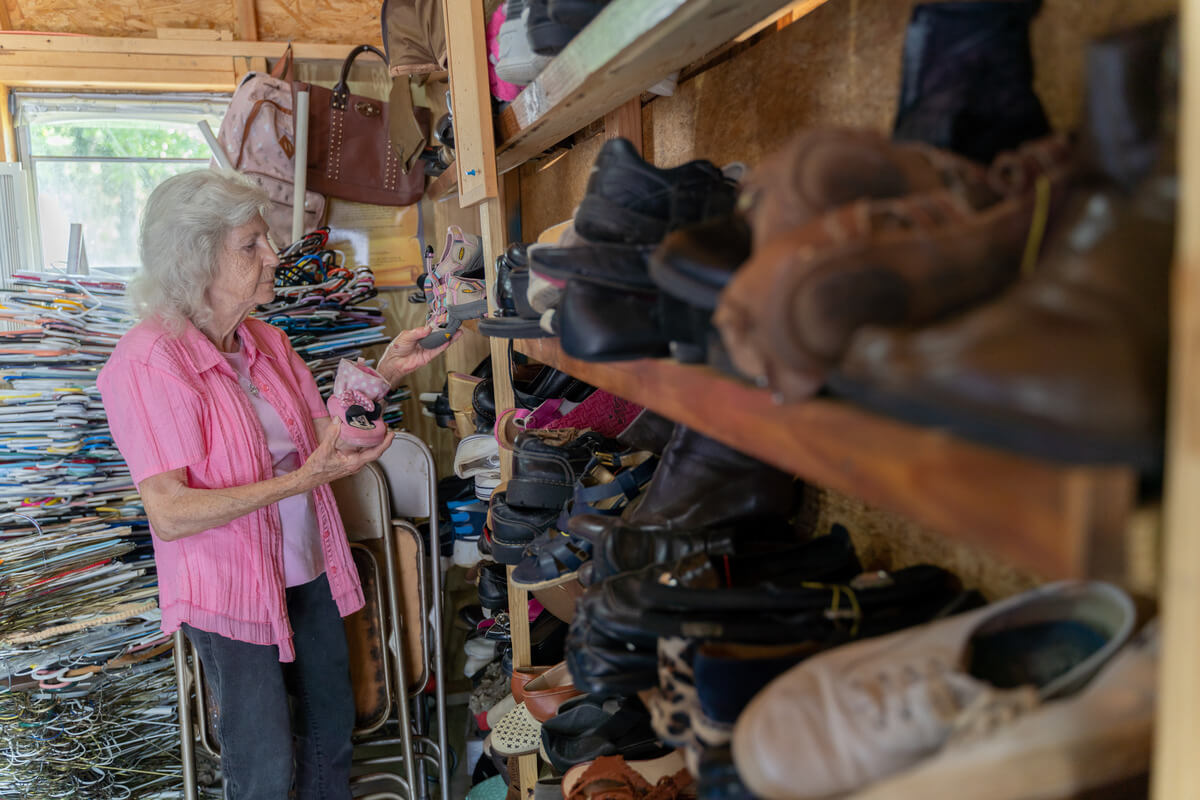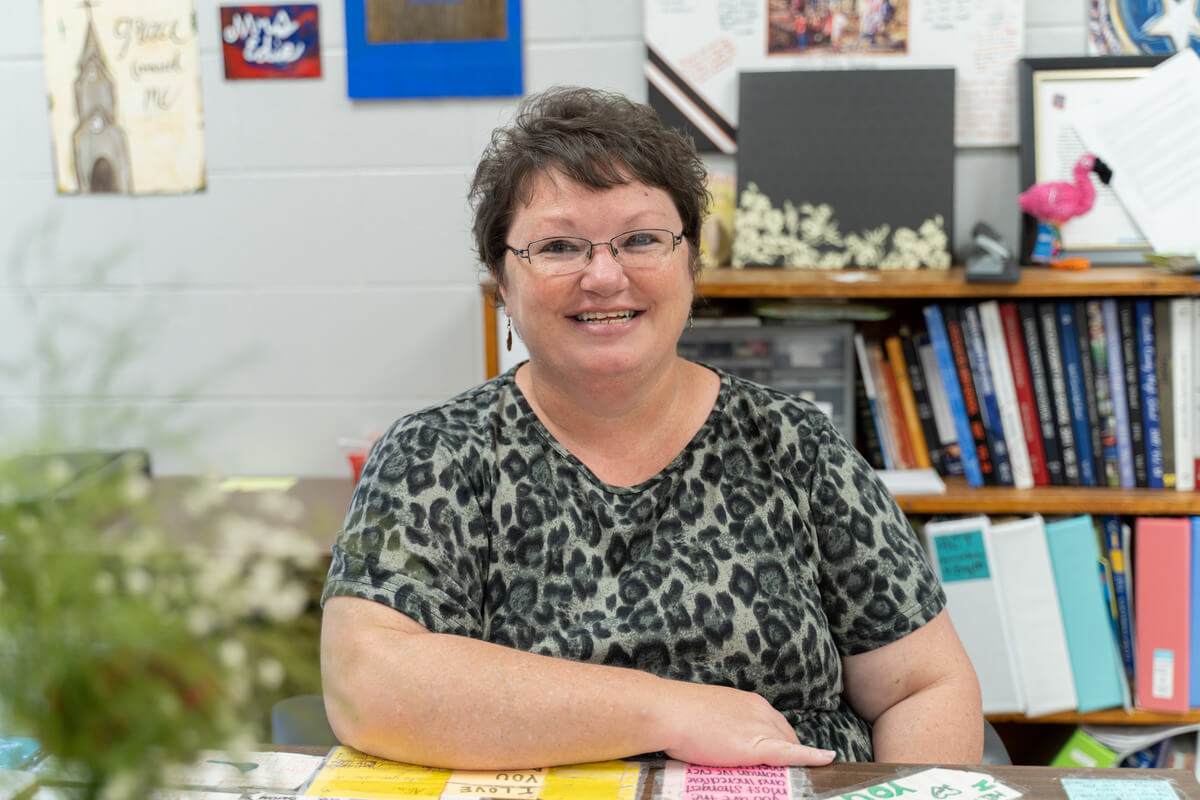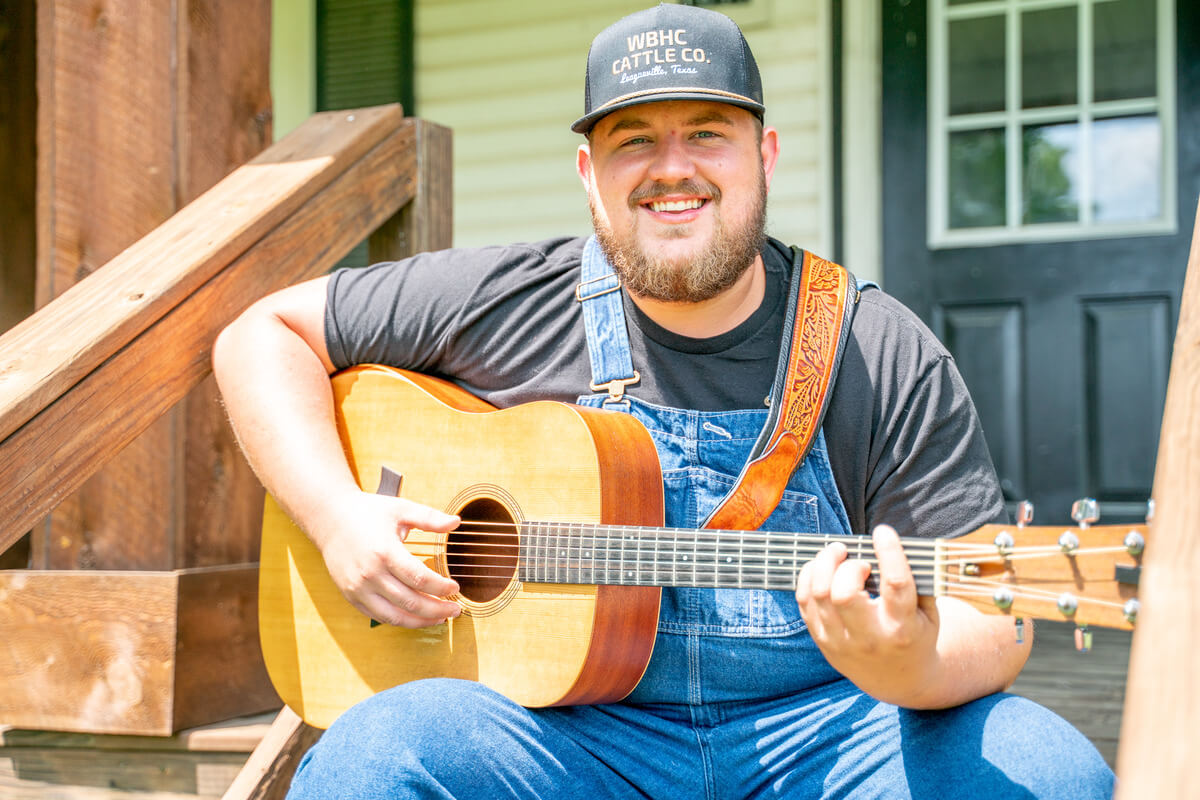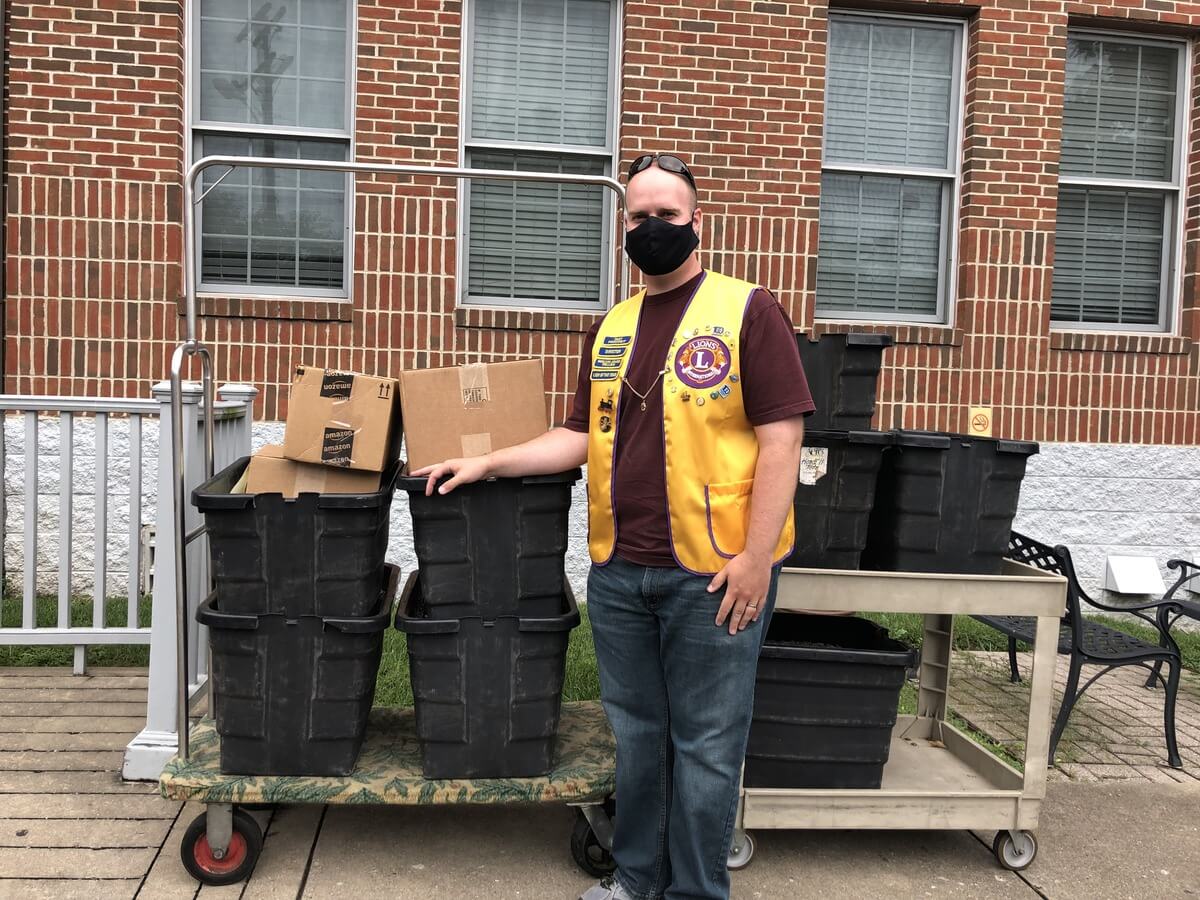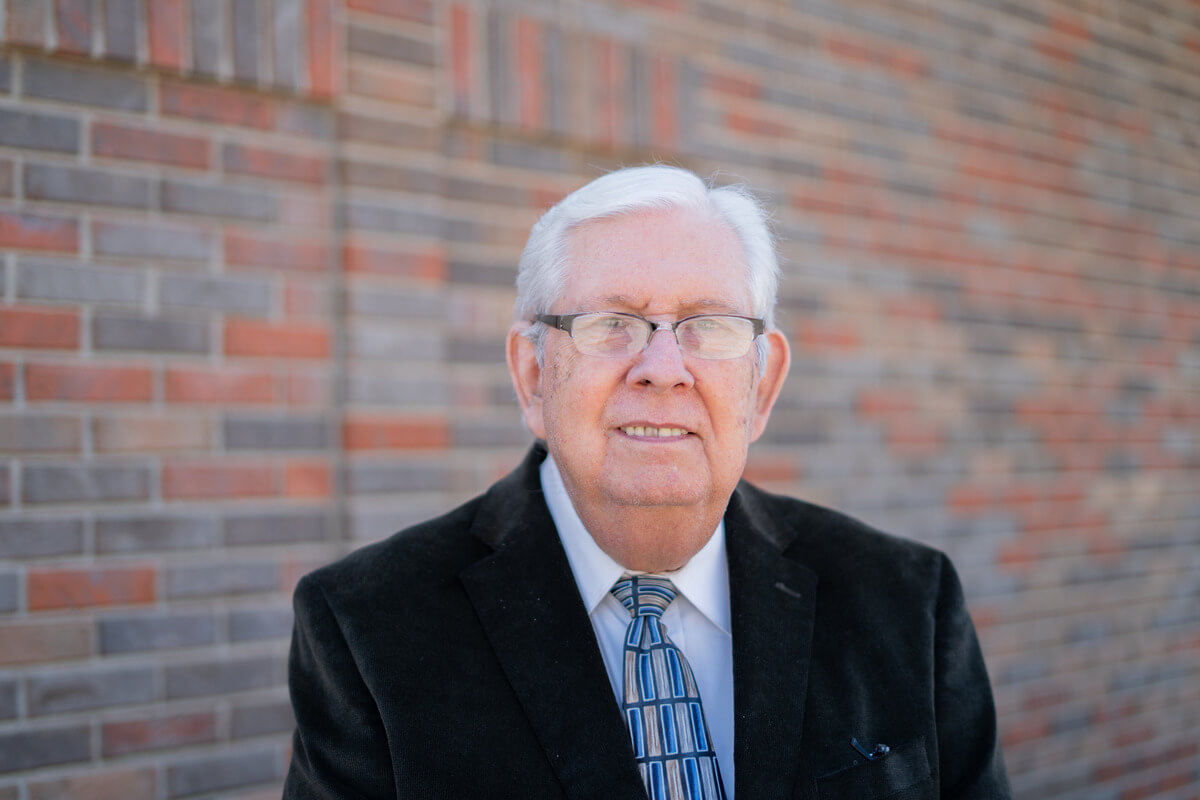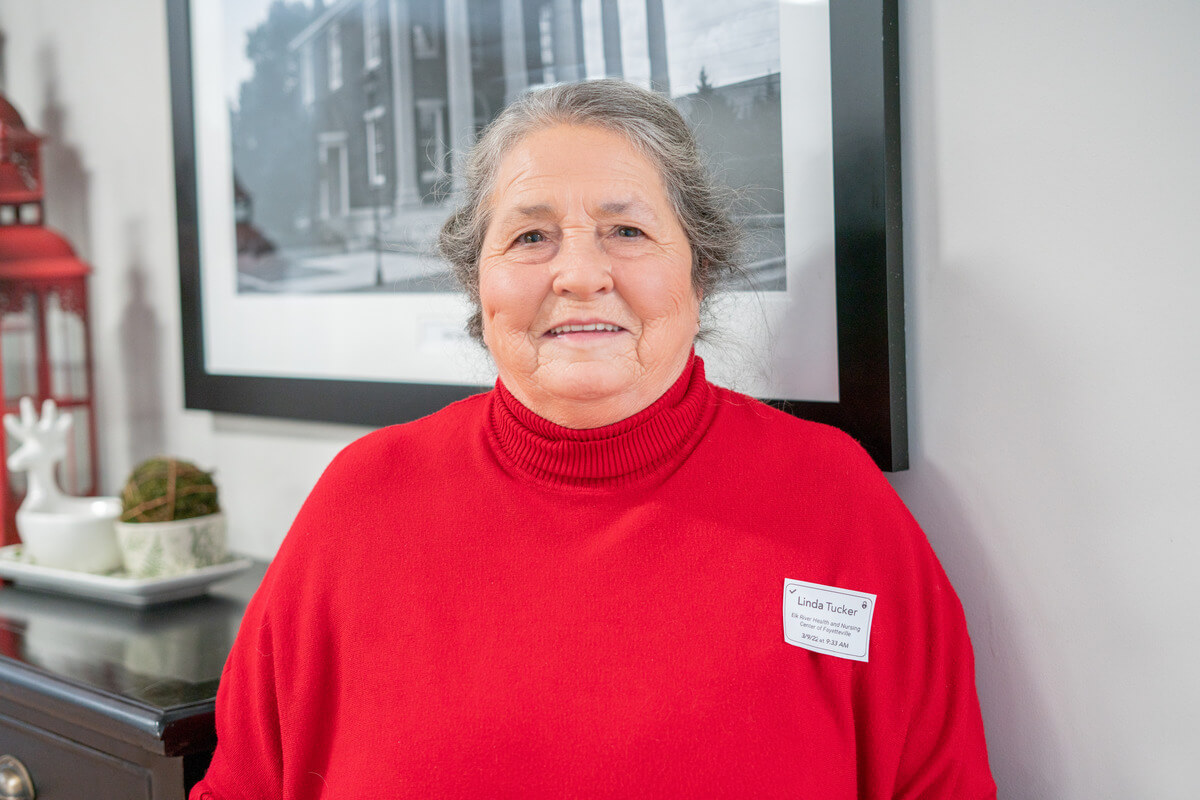IMAGINE YOU’VE planned to spend several hours in your favorite bookstore. You schedule a time to search for a few good books for stolen quiet hours a few times each year. It’s something you always look forward to. You start with a specialty coffee, then head to the suspense shelves, pulling the latest novel from your favorite author and another new-to-you writer. You’ve noticed the toddler going back and forth between his mom and the water fountain, and everything was fine until it wasn’t. Without warning, the quiet is interrupted when the child throws himself to the floor and begins flailing his arms, crying uncontrollably despite his mom’s best attempts to console him.
What is your honest reaction? What are your first thoughts?
Now, imagine you are the child’s mother. You’re single, working, and doing all you can to provide and create a loving, stable home for your child. Hard enough, right? Now, imagine the child is on the autism spectrum.
Anna Sapach is that mom, and her son, Jacob, is autistic. Episodes like these are her reality.
“I’ve gotten a lot more confident about taking Jacob out in public, but it is hard when stuff like that happens. People stare, and it’s very hard because it makes me feel panicked. I’m trying not to cry while people stare, but it’s so hard. I cry because Jacob is innocent and doesn’t notice people staring or giving weird looks. Aside from having meltdowns, we’ve both received the same looks while he’s stimming/flapping his arms in the grocery store. It hurts because he doesn’t notice it, but one day he will. He also understands more than people realize, so questions that may seem innocent in passing aren’t as nice on the receiving end,” Sapach said.

Sapach processes life with attention deficit disorder, so ordinary tasks are a challenge for her, too. Pair that with her son’s needs, and every step of the day must be carefully planned and considered to minimize the frustrations and potential for stressful reactions to sensory overload.
She said, “Sometimes it can be like a nuclear bomb. I feel guilty about something every single day. It’s a beautiful and very complex day-to-day life. He has a sensory processing disorder and was diagnosed as nonverbal, but he’s gotten better at verbalizing since he’s gotten into school. But it’s been so hard because he can’t tell me what he wants or needs at times, and then he winds up having a meltdown. Then I feel really guilty because I’m not meeting his needs because I can’t figure out what he wants.”
“Because of our needs, it can get messy sometimes. And there’s a lot of crying. Sometimes he’ll throw things or bang his head, and then I wind up sitting on the floor crying with him. So it’s been one of the hardest things I’ve ever done. Still, it’s also the most rewarding because the little things that would seem easy for a neurotypical child are huge achievements when you have a kid on the autism spectrum, like saying a new word at the age of four when other kids are speaking in full sentences, it’s a victory. Simple things like my kid picked up a crayon and doodled for two seconds — that’s long when the day before he wanted to chew on the crayon and then toss it because he didn’t want to do it. There’s no such thing as a little victory,” Sapach explained.
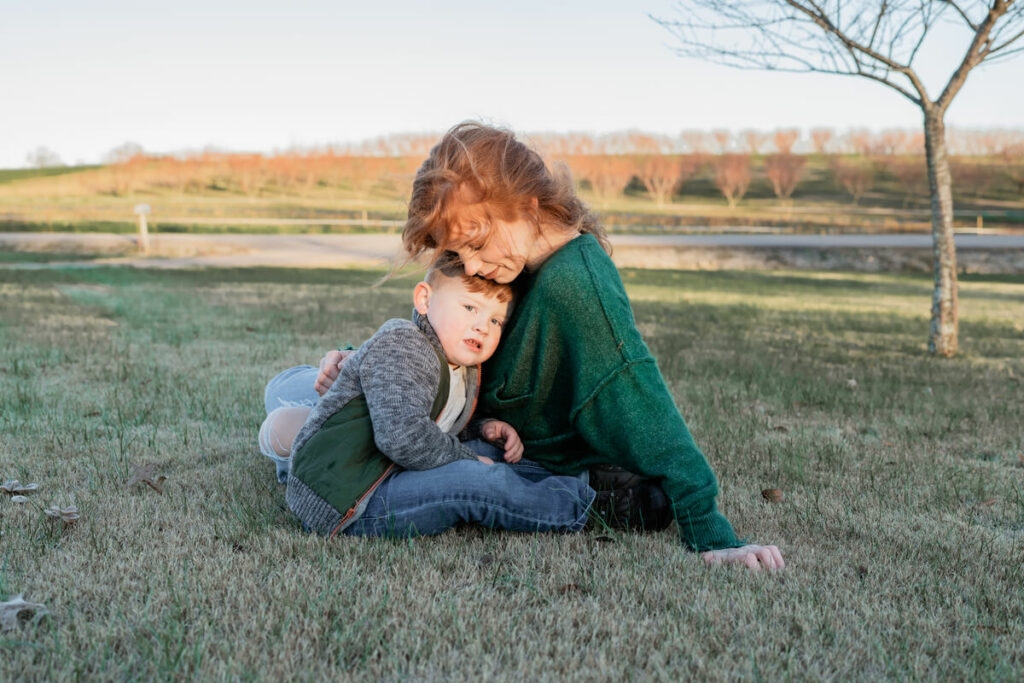
Although the general public is more informed about the autism spectrum today than in the past, many still can’t recognize its characteristics and respond differently to it. Families with a child on the spectrum interact more often with the grace and compassion desperately needed by both parent and child.
Today’s world of social media often compounds the guilt and weight of parenting children who process the world differently. Posts of family outings, special meals, and daily milestones become an unintended measuring stick for struggling parents, even those of neurotypical children. We don’t mean to compare ourselves on either side, but subconsciously we can’t seem to avoid it. There’s something in all of us seeking to be affirmed and valued, and we look externally for confirmation we’re on the right track.
Sapach internally wrestles with her emotions and reactions. “There are days where I can talk myself down and feel like everything’s gonna be okay. You’ll figure this out. And sometimes, something slight or inconvenient can happen, and I feel like I’m not doing as good as I should be doing right now. But I think that’s just being a mom in general.”
Families living with autism soon learn words many of us never hear — words like neurotypical, neurodivergent, neurodiverse, sensory overload, and nonverbal. Processes that happen naturally for most of us are disrupted in the brain of an autistic child.

“They have such big emotions that they can’t regulate on their own, and they can’t tell you what they need. And so it’s an explosion of many things inside your brain — lights, big noises, misery, happiness, confusion, all of that all at once. And the ones that can’t verbalize it can’t tell you,” Sapach said.
It leaves parents facing uncertain futures with their children as they become adults.
Sapach said, “It leads to so many things down the line, and I try not to think about that. So many kids on the autism spectrum don’t get the care that they need in school. Some of their needs are never met, and it’s not fair to them. It’s an insane world of things — beautiful and heartbreaking and wonderful — so many different things.”
But for all the uncertainties, Sapach is sure of one thing

“There’s a good possibility he could be independent one day, but it could go either way, and I’m fine with it. I’m preparing him to learn to be independent, but if he isn’t capable of being on his own one day, then I’m prepared for him to live with me for the rest of my life. I will not complain about it,” she said.
The more we learn, the more we can support families and children on the autism spectrum. It’s not a once-and-done but an ongoing process of awareness.
She said, “Sometimes autism awareness gets recognition. People wear shirts and bracelets one month out of the year, and that’s fine. They recognize it, but it never goes away for people who are living in it. It needs to be talked about more.”
Talking more about the needs of those who can’t speak up for themselves is a gift that will keep on giving. GN





